New IIE study finds social justice leaders leveraged graduate scholarships to create over 650 new organizations, promoting equitable practices in organizations impacting almost 30,000 employees in over 22 countries.
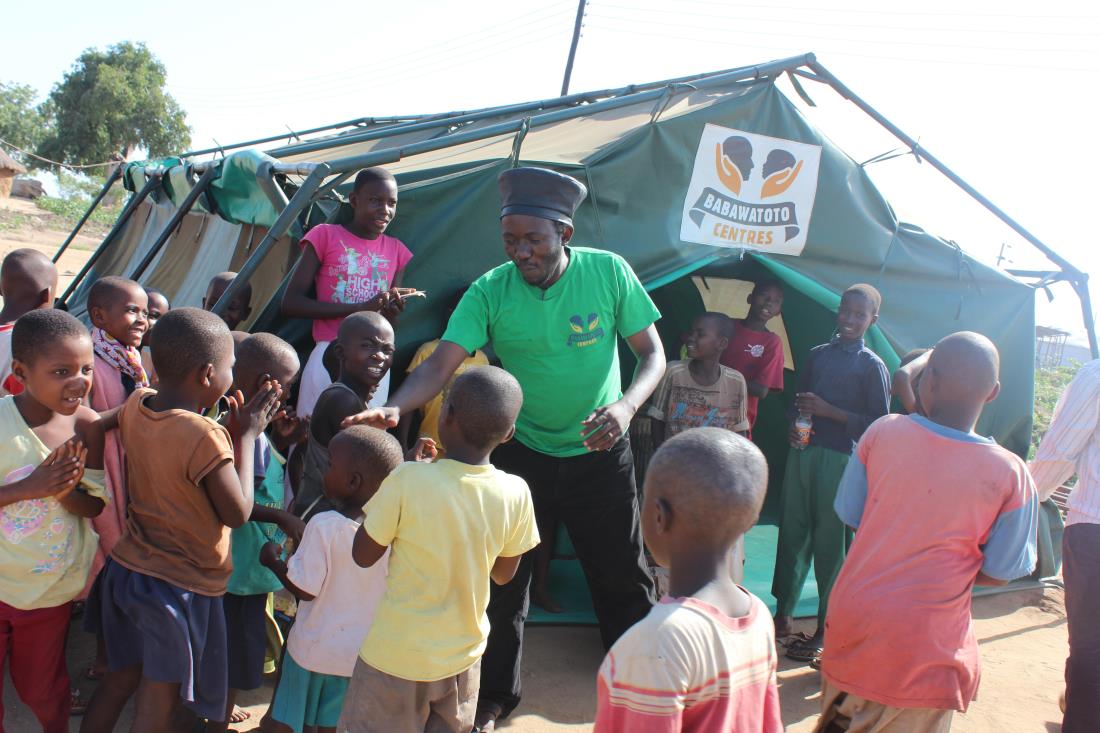
NEW YORK, March 28, 2019 – Enabling social justice leaders with the capacity to pursue an advanced degree is fundamental to creating and preserving social justice, according to a recent report from the Institute of International Education (IIE)’s 10-year alumni tracking study of the Ford Foundation’s International Fellowship Program (IFP). The latest report, Leveraging Higher Education to Promote Social Justice: Evidence from the IFP Alumni Tracking Study finds that 87 percent of IFP alumni feel better prepared to confront social injustices and 86 percent have received promotions that they attribute to IFP.
“The IFP model established a new framework for international development based on the educational empowerment of leaders from disadvantaged communities around the world,” said Hilary Pennington, Ford Foundation Executive Vice President for Program. “The experiences of IFP alumni demonstrate that promoting greater access and equity in higher education can drive long-term impact and prepare social justice leaders to address urgent needs in their communities.”
The fifth report in the 10-year IFP Alumni Tracking Study analyzes the link between higher education through two lenses: from the perspective of IFP alumni and the opportunities that access to higher education afforded them, and from the perspective of the communities and societies that benefited from alumni’s newfound knowledge and enhanced leadership skills.
“IFP shows that scholarships provide a pathway to opportunity not just for individuals, but the communities that surround them,” said Mirka Martel, IIE Head of Research, Evaluation and Learning. “By leveraging their IFP experience, alumni were able to achieve a ripple effect of positive change across society.”
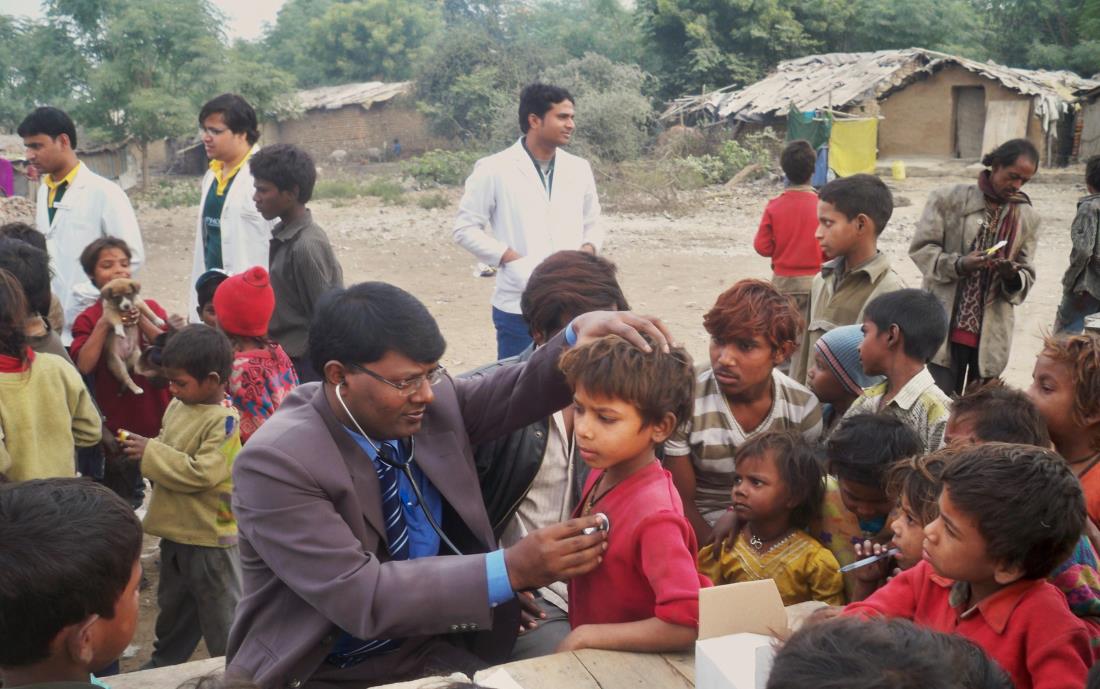
Internal Transformations
The opportunity to pursue an advanced degree empowered IFP alumni with the technical skills, social capital, and qualifications to assume a lead role advocating for social justice in their community. Over 97 percent of survey respondents completed their IFP-supported degree, and 83 percent are now in leadership positions. As one Mexican respondent said, “The master’s degree gave me access to inner circles of those who make decisions about the production and environmental programs and projects that are executed in my region and state.”
IFP alumni reported developing skills and knowledge that aided their professional mobility. Alumni in professional organizations and government were more likely to report that they acquired hard skills and improved the quality of their deliverables through participation in IFP. Alumni in education or development fields were more likely to report an increased awareness of social injustices and confidence to confront these issues.
Despite 87.4 percent of alumni stating that IFP helped them confront issues of social injustice, the program did not eradicate social injustice. Over half of IFP alumni indicated that they still face marginalization and discrimination daily, mostly related to political challenges and ethnic, racial, and gender discrimination. However, 85 percent feel more prepared to face these injustices and advocate for the social justice of others in their communities and countries.
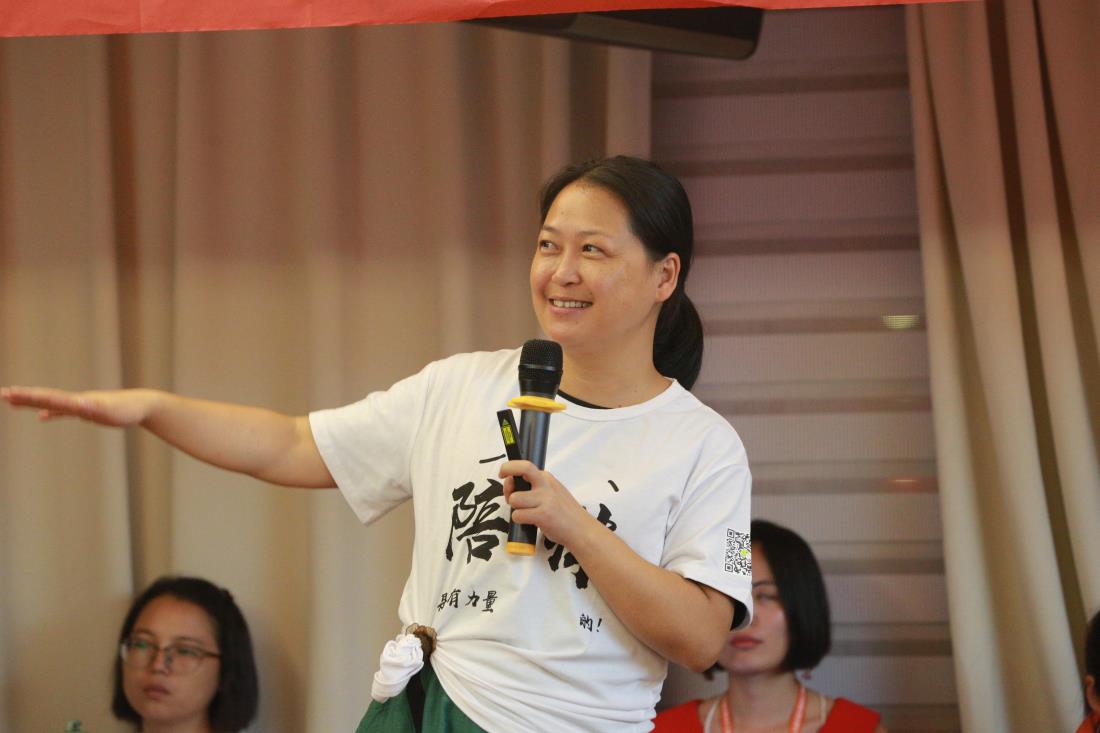
Organizational Leadership and Equity
IFP alumni respondent sought to improve their organizations, affecting 28,996 employees worldwide as a result. Improvements included more networking opportunities (89 percent) and improved task management (80 percent). Over 83 percent of respondents have implemented advanced policies for the equal treatment of marginalized groups in their organizations, and have advocated for the rights of staff (86 percent) and merit-based promotions (83 percent).
694 IFP alumni created new organizations in over 22 countries, and 11 percent of these organizations have been created with other IFP alumni. Alum Vo Thi Hoang Yen, who founded the Disability Research and Capacity Development Center in Vietnam in 2005, said, “I used [IFP] knowledge to continue my academic journey… to keep researching and fighting for social justice issue with people with disabilities, especially women and children.” The Center’s campaign One World for All has created more than 200 jobs for people with disabilities and has provided more than 400 scholarships modeled after the IFP Fellowship to people with disabilities.
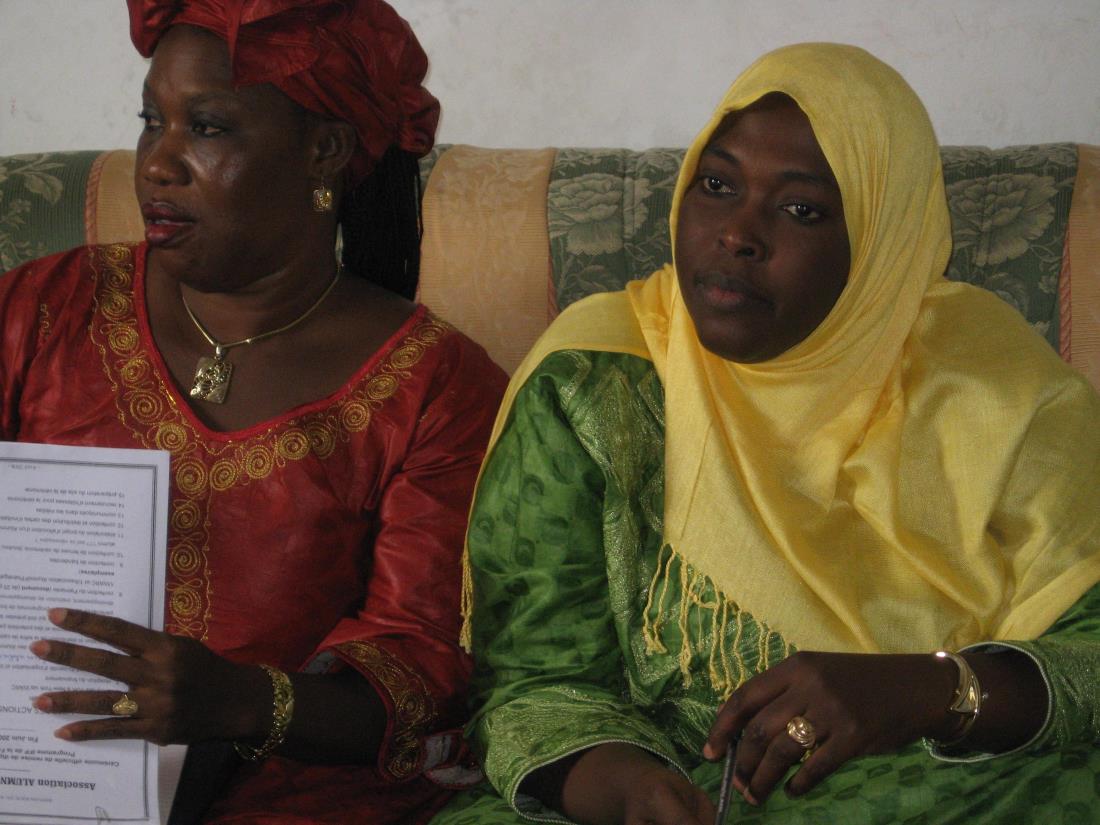
Advocacy for Social Justice
Three in four IFP alumni respondents (76 percent) noted that their communities come to them when seeking to advocate for social justice. IFP alumni working as public officials (30 percent) and in international organizations (17 percent) have drafted laws, raised funds, and leveraged their political capital to advance social justice issues, influencing local, national, and international policies.
Since completing IFP alumni respondents reported creating 48,518 products related to social justice advocacy, including books and reports, works of art, website and electronic media. Faruk Sarkinfada from Nigeria, for example, wrote The Other Way Round, a publication in English and Hausa that challenges the traditional practices of female genital mutilation in the Hausa Region.
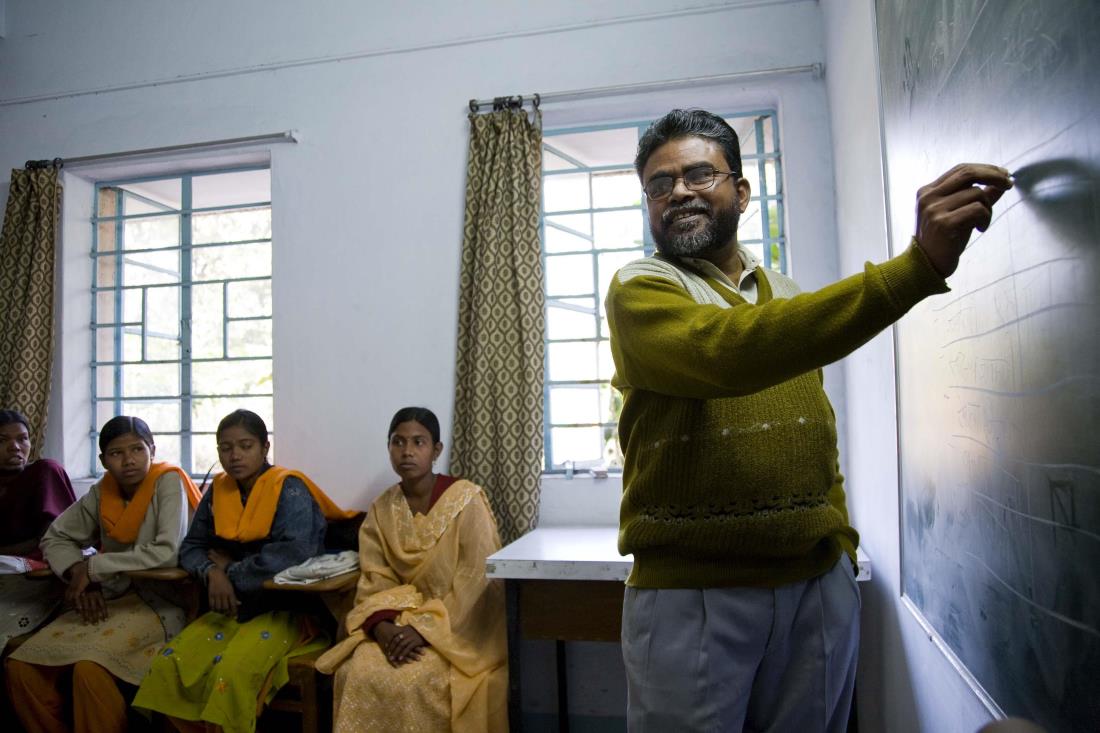
Alumni Networks
IFP alumni respondents are using collective action to promote social change. 11 percent of respondents worked with other IFP alumni to create organizations and 24 percent worked together on social justice campaigns. Examples of IFP alumni organizations include the Young Nigerian Women Entrepreneurs Network, Indonesian Social Justice Network, and Sports for Peace and Trade organization between Indian and Kenyan alumni.
Given the continued impact of alumni networks, it is imperative that alumni receive resources necessary to sustain commitment to social justice causes and advocacy. The Indonesian Social Justice Network (ISJN) was created in 2006 by 30 Indonesian IFP alumni. Since then, the ISJN has grown to 363 members and furthers IFP’s mission of promoting social justice through education access and advocacy. The Social Justice Youth Camp, partially funded by the Indonesia Government and the Ford Foundation, is promoting social justice advocacy among Indonesian youth.
About IFP and the 10-Year Tracking Study
Between 2001-2013, the Ford Foundation International Fellowships Program (IFP) provided higher educational opportunities to 4,305 social justice activists from 22 countries. The alumni represent a diverse range of groups that have historically faced discrimination based on gender, race, ethnicity, religion, socio-economic background, physical disability, and political affiliation. The Ford Foundation’s $420 million grant supporting the IFP fellows was the largest in the Foundation’s history.
In 2013, the Institute of International Education (IIE) launched a 10-year tracking study to evaluate the impacts of IFP. Carried out by IIE’s Center for Academic Mobility Research and Impact, the study combines global, regional, and country level data collected through the 2018 Global IFP Alumni Survey and local fieldwork between 2016-2017. The study’s fifth report, Leveraging Higher Education to Promote Social Justice, takes a global perspective on the impact of IFP on alumni’s career trajectories and social justice advocacy. In particular, the report examines the IFP impact through two lenses: internal to the IFP alumni and their professional mobility and external to their impact as social justice advocates.
About IIE
The Institute of International Education (IIE) is a world leader in international education, creating more peaceful and equitable societies by advancing scholarship, building economies, and promoting access to opportunity. As a not-for-profit organization with 18 offices and affiliates worldwide, IIE collaborates with a range of corporate, government, and foundation partners across the globe to design and manage scholarship, study abroad, workforce training, and leadership development programs. To learn more, visit www.iie.org.
About the Ford Foundation
The Ford Foundation is an independent, nonprofit grant-making organization. For 80 years it has worked with courageous people on the frontlines of social change worldwide, guided by its mission to strengthen democratic values, reduce poverty and injustice, promote international cooperation, and advance human achievement. With headquarters in New York, the foundation has offices in Latin America, Africa, the Middle East, and Asia.
For more information, contact:
Catherine Morris, cmorris@iie.org, +1.202.326.7765
Contacts
Public Affairs